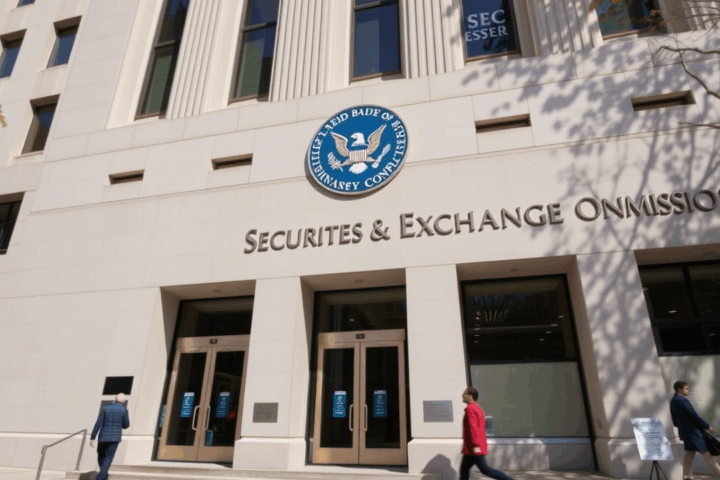Uruguay has officially introduced a law to regulate cryptocurrency, making it one of the few LATAM countries with a legal framework for crypto trading. The law, approved by parliament and signed by President Luis Lacalle Pou, grants the Central Bank of Uruguay supervisory powers over domestic crypto exchanges and operators.
According to reports from media outlets Ámbito Financiero and iProUP, the law provides the Central Bank with “supervisory and regulatory” authority over crypto-related activities, including registering crypto exchanges, fund managers, and wallet operators. The law also mandates adherence to anti-money laundering (AML) and counter-financing of terrorism (CFT) regulations. A registry system will be established, and permits will only be granted to firms meeting specific requirements.
The Uruguayan Fintech Chamber (CUF) called the law “an important framework of guarantees for the financial system.” The chamber also noted that it is a “significant milestone” for the country’s fintech sector, estimated to grow by 44% annually. However, the CUF stressed the need for more clarity from the Central Bank on how the new regulations will be implemented, stating, “It is now essential to understand how the Central Bank will implement this regulation.”
Industry figures expressed that introducing the law is a positive step. “For the first time in Uruguay, a basic framework has been established that recognizes and legislates on the existence of cryptoassets,” said the CUF.
The Central Bank began working on potential crypto regulations in 2021 and sent recommendations to the government, which were later amended and presented to parliament. The law was passed following parliamentary deliberations that concluded last month.
Other LATAM countries, such as Brazil, Venezuela, and Argentina, have previously enacted regulatory measures for the crypto sector. El Salvador, on the other hand, has taken a different approach by granting Bitcoin legal tender status.
Uruguay’s law introduces key changes to existing securities legislation, providing legal definitions for terms like “cryptoasset” and setting clear guidelines for crypto operators. Despite the law’s passage, the CUF stated that it is still waiting for details on “the forms and estimated deadlines” for the application of the regulations.
Read More
- Japan FSA Reviews Crypto Regulations and Tax Cuts
- Ireland Partners with EU on Crypto Regulations Under MiCA
- Coinbase Lobbying Spend Skyrockets as Crypto Regulation Intensifies
Lawrence does not hold any crypto asset. This article is provided for informational purposes only and should not be construed as financial advice. The Shib Magazine and The Shib Daily are the official media and publications of the Shiba Inu cryptocurrency project. Readers are encouraged to conduct their own research and consult with a qualified financial adviser before making any investment decisions.










